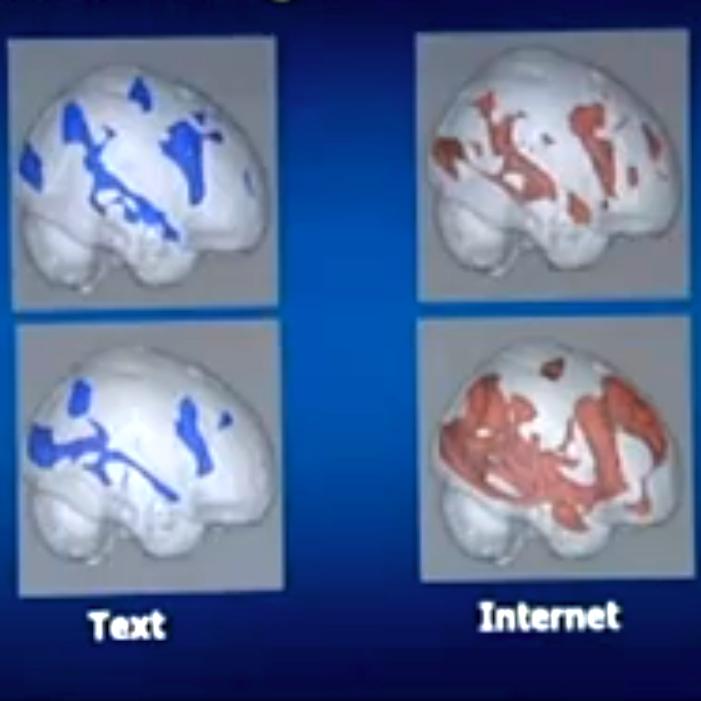
Siftables aims to enable people to interact with information and media in physical, natural ways that approach interactions with physical objects in our everyday lives.
David Merrill and Jeevan Kalanithi of Sifteo first came up with a prototype for game cubes when studying human-computer interaction at the MIT Media Lab. During their research they realized that the way humans typically interact with physical objects is by picking them up to examine and arrange them. So they decided to create a digital gaming platform that incorporates the physical experience of playing a boardgame. They called it “Siftables” and David demonstrated their invention in an inspiring TED Talk in 2009.
“Traditional game consoles have lost the tangible and interactive nature of classic tabletop games like Mahjong and dominoes, that bring people together,” said Jeevan Kalanithi, co-founder of Sifteo. “Players tell us that Sifteo cubes reduce „screen stare?, banish tired thumbs and give families and individuals a more „natural? way to have fun,” said Kalanithi.
In January at the Consumer Electronics Show (CES) in Las Vegas Sifteo got a lot of coverage in the media and won some nifty awards. Early Access packs have been sold out within a few days. You can sign up here for updates on when more will be available: www.sifteo.com/early_access
In my opinion these cubes may be the next big thing in technology and education because they let your ideas flow outside the box (or the screen). Watch the video from 2:23 and you will immediately see the great potential for mathematics education packed in these small cubes.




